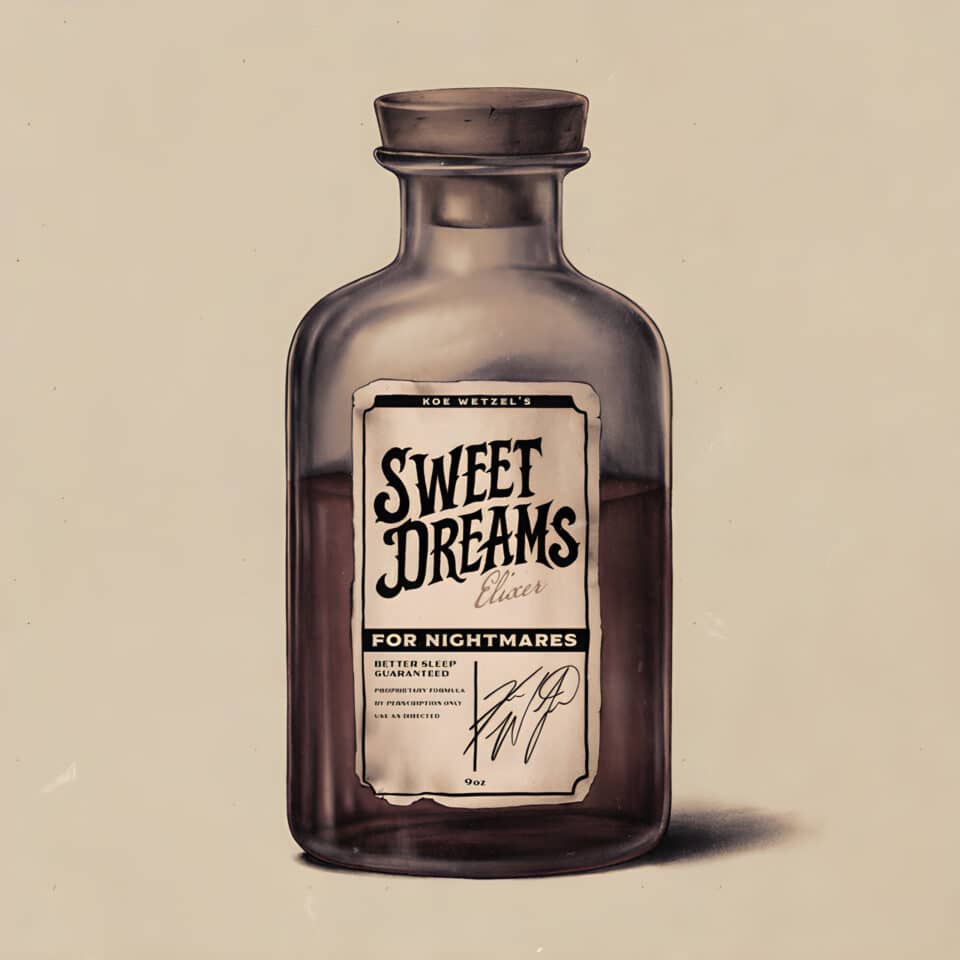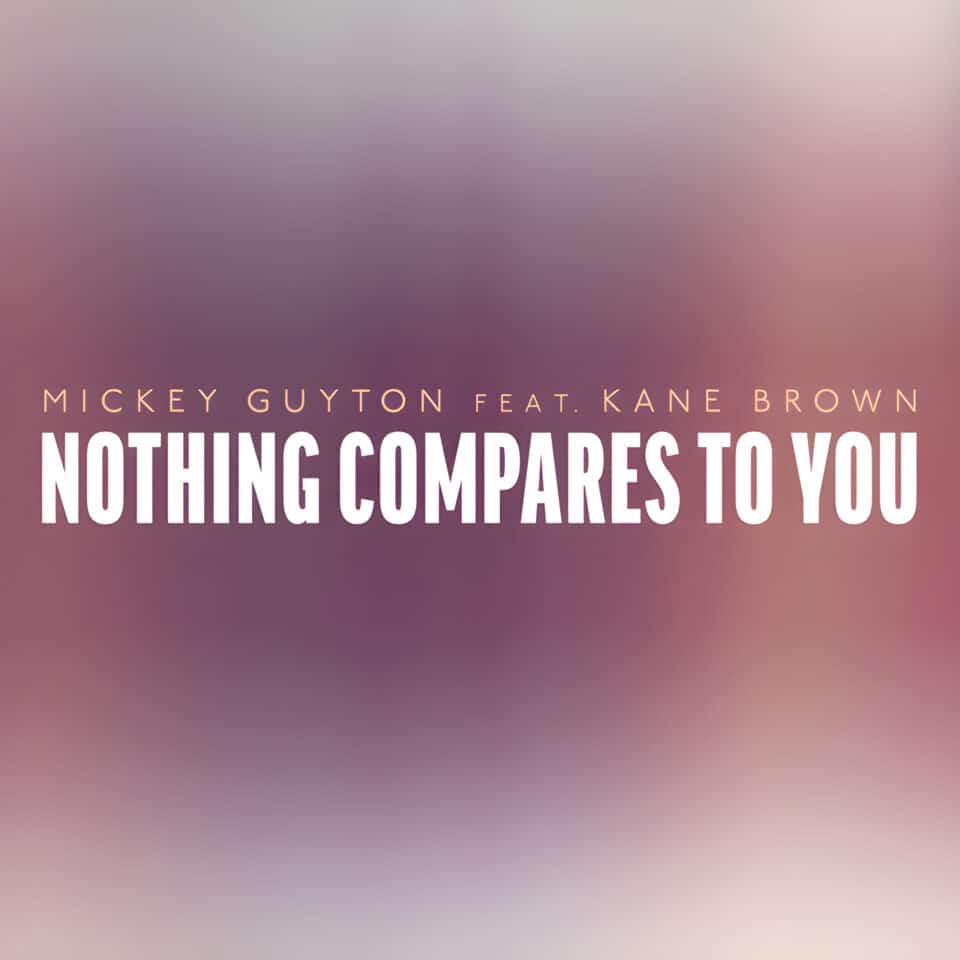Released: 2024
In “Sweet Dreams” by Koe Wetzel, we’re served a raw confessional from the heart of a man wrestling with his conscience and the aftermath of a broken relationship. This song tackles the swirling mix of guilt, regret, and the struggle to find peace, all wrapped in a melody that hits you right where you feel it the most. Wetzel isn’t just singing a song; he’s narrating a slice of life that’s as real as it gets.
The opening lines, “A man like me would keep it to himself / A bigger man would say it to your face,” set the stage for a story of self-reflection and admission. Here, Wetzel talks about the struggle between concealing one’s true feelings and the courage it takes to be upfront about them. The question, “Was I the only one you couldn’t save?” is a powerful admission of vulnerability and the feeling of being beyond help, highlighting a deep sense of personal failure in the relationship.
The chorus, “It’s so hard to have Sweet Dreams when I’m such a nightmare,” uses the contrast between ‘sweet dreams’ and ‘nightmare’ to underline the internal conflict and self-awareness of the singer. He acknowledges his role in the downfall, likening himself to a ‘nightmare’ that disrupts the possibility of peace, both for him and his former partner. This hook is a clever play on words that illustrates the struggle to find rest and escape from one’s actions and decisions.
Wetzel dives deeper into the aftermath of the breakup with, “I bet you’re out living guilt free / The only thing you battle is your memory of me,” expressing a projection of freedom onto his ex-partner, while he himself is trapped in a cycle of insomnia and guilt. The mention of ‘Ambien to THC’ references his attempts to find solace in sleep aids and marijuana, a testament to his desperation for escape from his haunting thoughts.
The line, “And I prolly deserve that,” is a blunt acknowledgement of his own accountability in the dissolution of their relationship. It shows a resignation to his sleepless nights as a form of penance for his actions. The repetition of the struggle to have ‘sweet dreams’ throughout the song emphasizes the ongoing nature of his internal battle, suggesting that this turmoil is something he lives with every night.
By the end, the song circles back to its haunting chorus, reminding us of the cyclical nature of guilt and regret. The image of ‘turning on all the lights’ in an attempt to chase away the darkness of his thoughts, only to end up writing this song, serves as a poignant conclusion. It reveals a glimmer of hope in the midst of despair, suggesting that perhaps in sharing his story, Wetzel finds a measure of relief and connection with others who’ve walked in similar shoes.
Through “Sweet Dreams,” Koe Wetzel has given voice to the night-time wrestling match between conscience and the desire for redemption. It’s a song that doesn’t just resonate; it reaches deep into the listener’s soul and refuses to let go, reminding us of the power of country music to tell the stories of the heart with raw honesty and unfiltered emotion.










